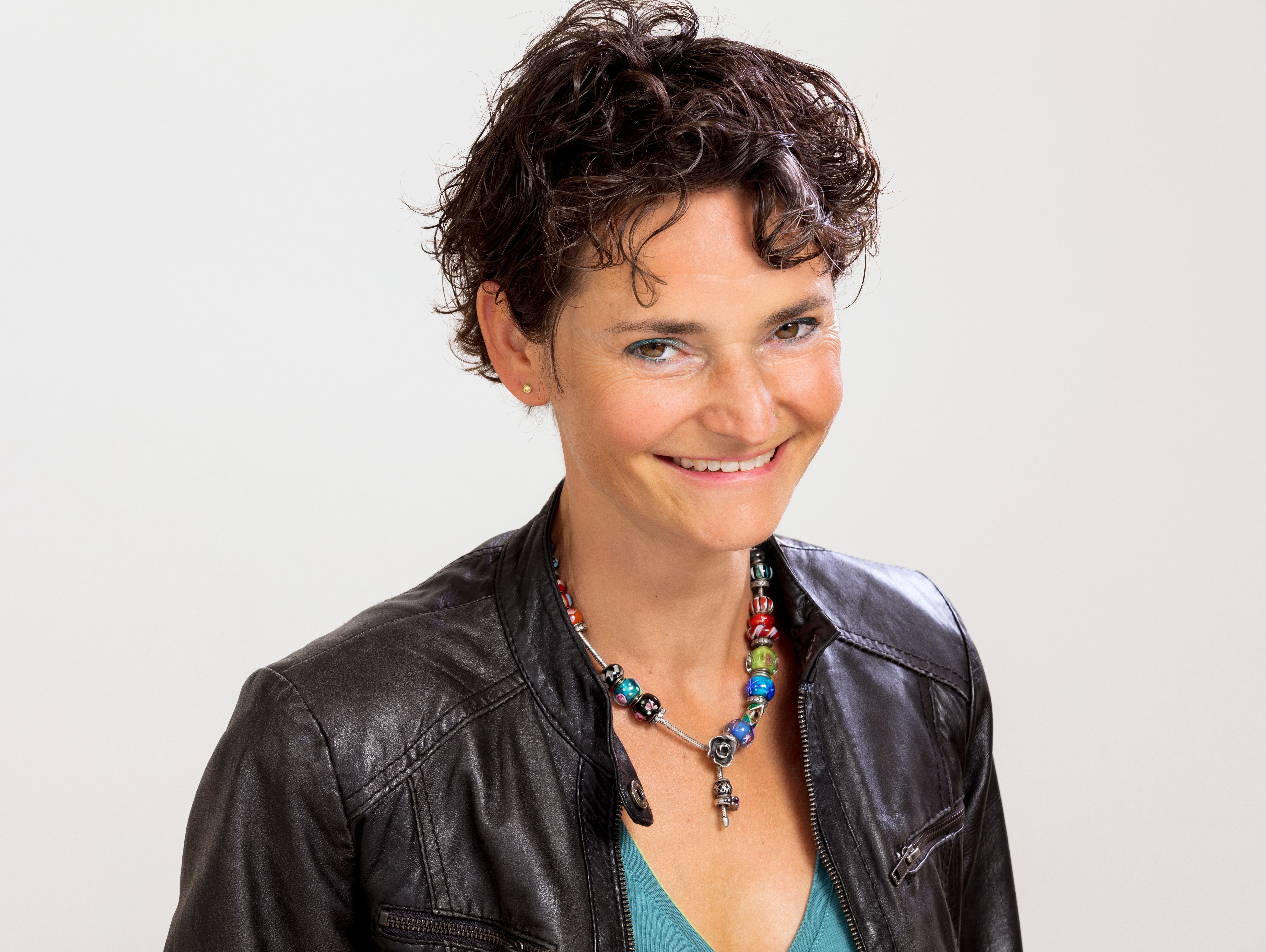
When you start talking about sustainability, you already know the outcome: a heated discussion! It will soon be all about 'the things we shouldn't be doing any more'. Eating meat on a daily basis, flying to a far-away destination, lighting the fireplace. It will be about solar panels and ‘no more gas’. About the joys and the burdens. Or, let's be honest, mainly about the burdens. Because who is going to pay for all this? The answer usually is: someone else. Someone, a country, or a corporation that are much bigger polluters than you are, than we are.
We all have opinions, but nobody has the answer. When you ask the consumer: would you prefer a shirt made with or without child labour, no one will choose the first option. Or say: "More air pollution, more food waste, the rivers abound with waste products, and an ocean full of plastic soup? Yes, please!". But what everyone does want is paying the lowest price for products and services. So, it's not surprising that manufacturers and producers are looking for the cheapest solutions. The question arises, however, how long you can hide behind the statement, 'But this is what the consumer wants!'.
Paying a fair price should be normal, just as it should be normal to receive a fair price for the products and services you make and supply. But that does require a certain amount of transparency: do you put your money where your mouth is?
In any case, ignoring the subject as if it were of no consequence is no longer an option. Today, in 2019, climate change is by far the number one issue when we are talking about the main concerns about the economy. Not the trade war between the US and China, the migration issues, or the threat of terrorism; it is our climate. This is demonstrated in the Global Risks Report 2019, a report that is published every year just before the start of the World Economic Forum (WEF) in Davos.
When it comes to climate, the general concerns of the political elite and the top of the international business world are first and foremost about the way the world is (not) dealing with the problem. Jan Willem Velthuijsen, Professor in Economics at the University of Groningen and Chief Economist of PwC recently stated in newspaper nrc-next: "This is because the international collaboration becomes more and more difficult while, at the same time, dealing with climate change demands an unprecedented level of collaboration.".
The fact that there are increasingly more collaborations on a national level is demonstrated by the various stories about circular and sustainable business practices in this edition. And when we all start with ourselves, we will ultimately do it together.
Judith Witte
[email protected]
Source: © Vakblad Voedingsindustrie 2019